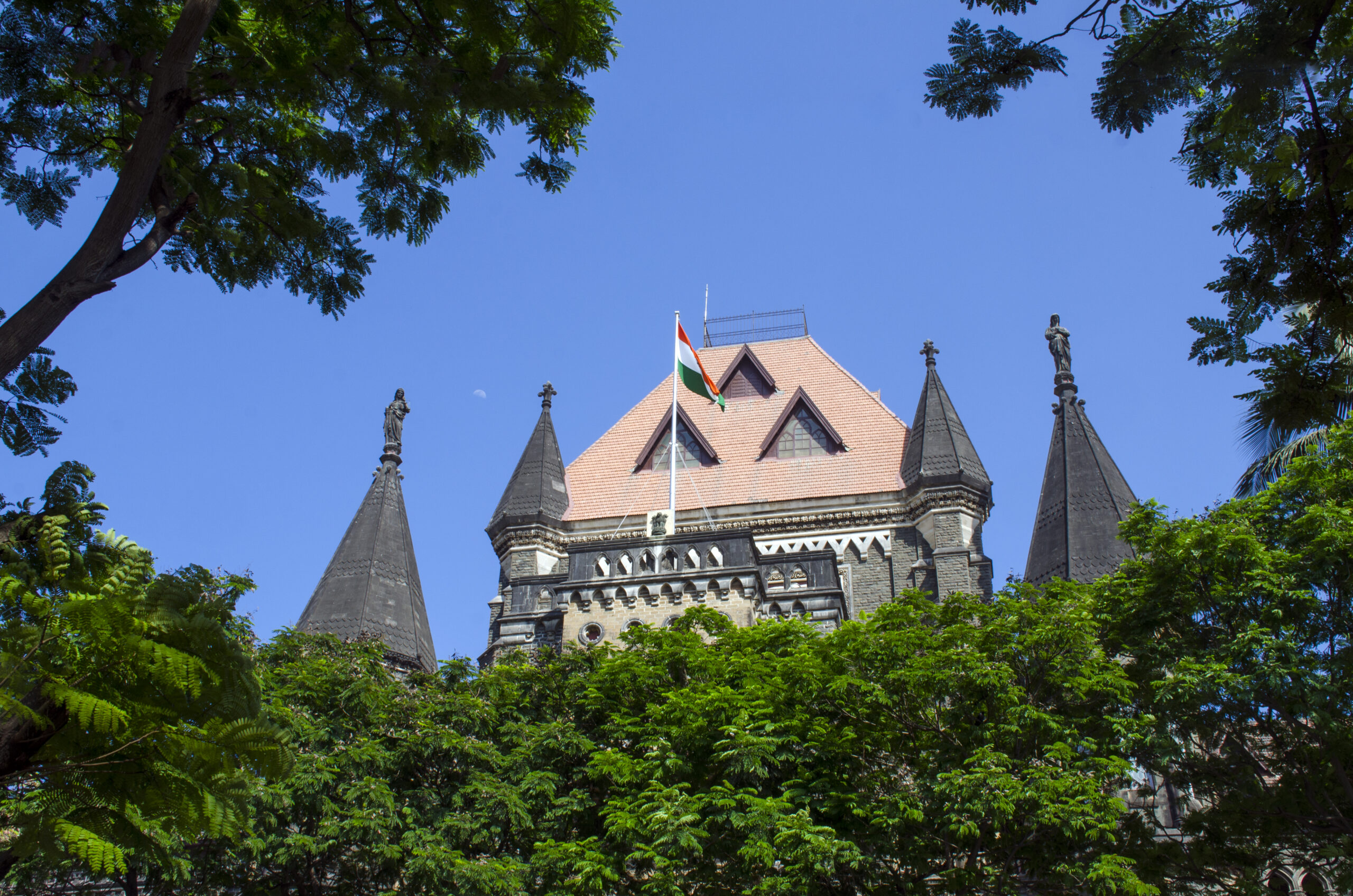In a significant legal development, the Bombay High Court recently dismissed a petition that sought a complete ban on the engagement of Pakistani artists, including actors, singers, musicians, lyricists, and technicians, by Indian citizens, companies, and associations. The court’s decision is grounded in principles of cultural harmony, unity, and peace, emphasizing the importance of promoting these values.

Background
The petition, filed by a cine worker, called for the issuance of appropriate notifications by the Information and Broadcasting Ministry, the Ministry of External Affairs, and the Ministry of Home Affairs to ban Pakistani artists from working in India. The petitioner argued that such a ban was necessary to prevent discrimination against Indian artists, as the favorable environment available to Pakistani artists in India is not reciprocated in Pakistan.
The petitioner pointed to resolutions passed by various Indian associations, including the All-Indian Cine Workers Association (AICWA), the Indian Motion Pictures Producers Association (IMPPA), the Federation of Western Indian Cine Employees (FWICE), and the MNS Cinema Wing, which had banned Pakistani artists from the Indian film industry. The petitioner contended that allowing Pakistani artists to work in India could lead to the exploitation of commercial opportunities, potentially depriving Indian artists of similar opportunities.
Court’s Observations
However, the Bombay High Court took a different stance. The division bench of Justice Sunil B Shukre and Justice Firdosh P Pooniwalla noted that the petition was a “retrograde step in promoting cultural harmony, unity and peace, and has no merit in it.” The court emphasized that activities such as arts, music, sports, culture, and dance transcend nationalities and play a crucial role in promoting peace, harmony, and unity both within the country and across borders.
The court stated that patriotism should not be synonymous with enmity toward individuals from other countries, especially neighboring nations. It highlighted that a true patriot is someone who is selfless and devoted to the cause of their country and possesses a good heart.
Furthermore, the court emphasized that the resolutions passed by private associations did not possess statutory force and could not be enforced through judicial orders. The enforcement of such bans would potentially infringe upon the fundamental rights guaranteed under Articles 19(1)(a), 19(1)(g), and 21 of the Indian Constitution.
The court also recognized the positive steps taken by the Indian government in promoting international peace and security. For instance, the court cited the participation of the Pakistani cricket team in the World Cricket Cup held in India as an outcome of the Indian government’s efforts to foster peace and harmony. It cautioned that entertaining such petitions could undermine these positive initiatives.
Court’s Ruling
In its final verdict, the Bombay High Court concluded that the petitioner’s prayers for framing policy directions were beyond its scope. The court clarified that it cannot direct the government or the legislature to frame policies in a particular manner. Therefore, the petition seeking a ban on Pakistani artists in India was dismissed.
Advocates Vibhav Krishna, Anmol B, and Tahir P represented the petitioner, while Advocate Rui Rodrigues represented the Central Government. Government Pleader PH Kantharia, and AGP Manish Upadhye, represented the State.
The court’s decision to uphold the values of cultural harmony and unity while respecting individual rights serves as a reminder of the significance of peace and goodwill in international relations. It reinforces the idea that patriotism should be characterized by devotion to one’s country and a commitment to promoting mutual understanding rather than enmity towards other nations and their citizens. This legal update from the Bombay High Court underscores the need to strike a balance between national interests and global cooperation.










